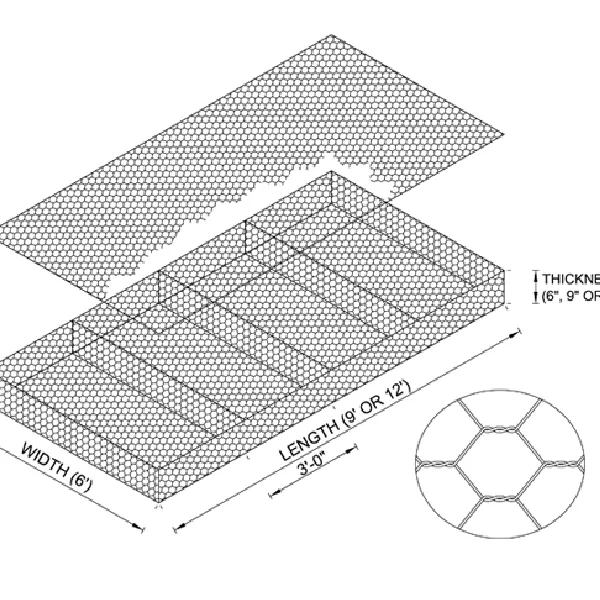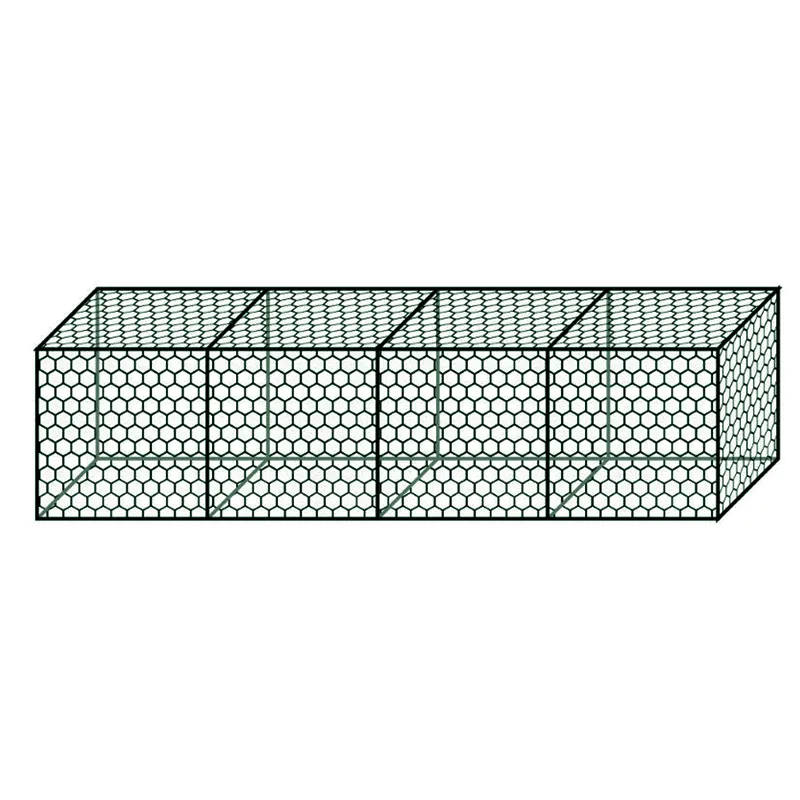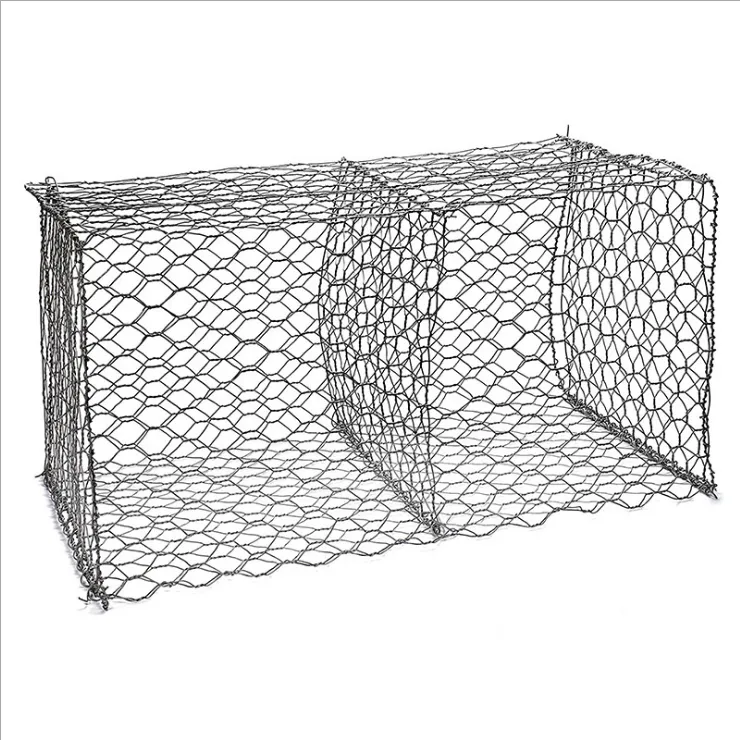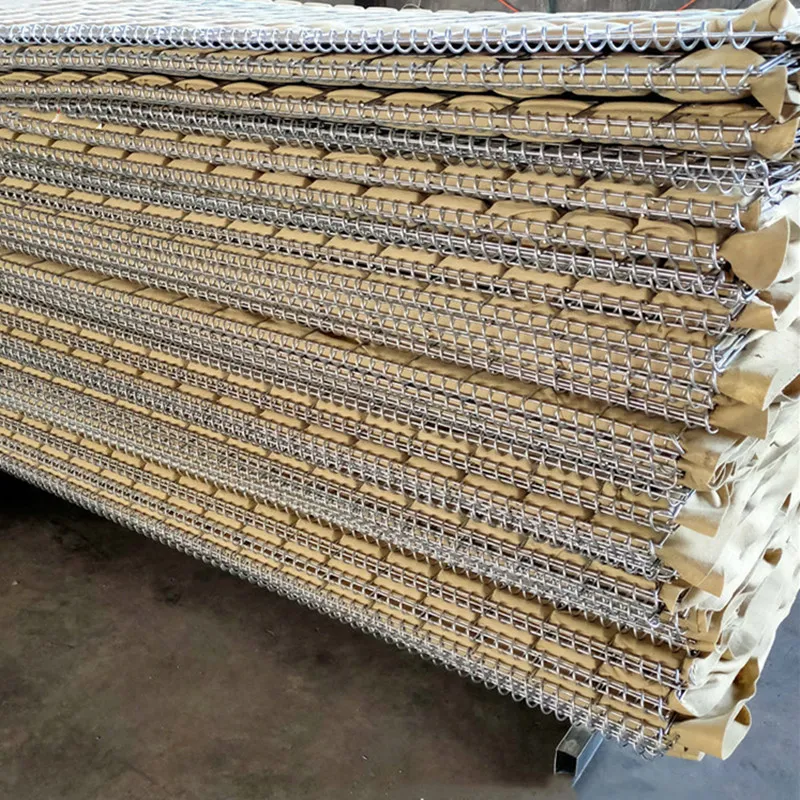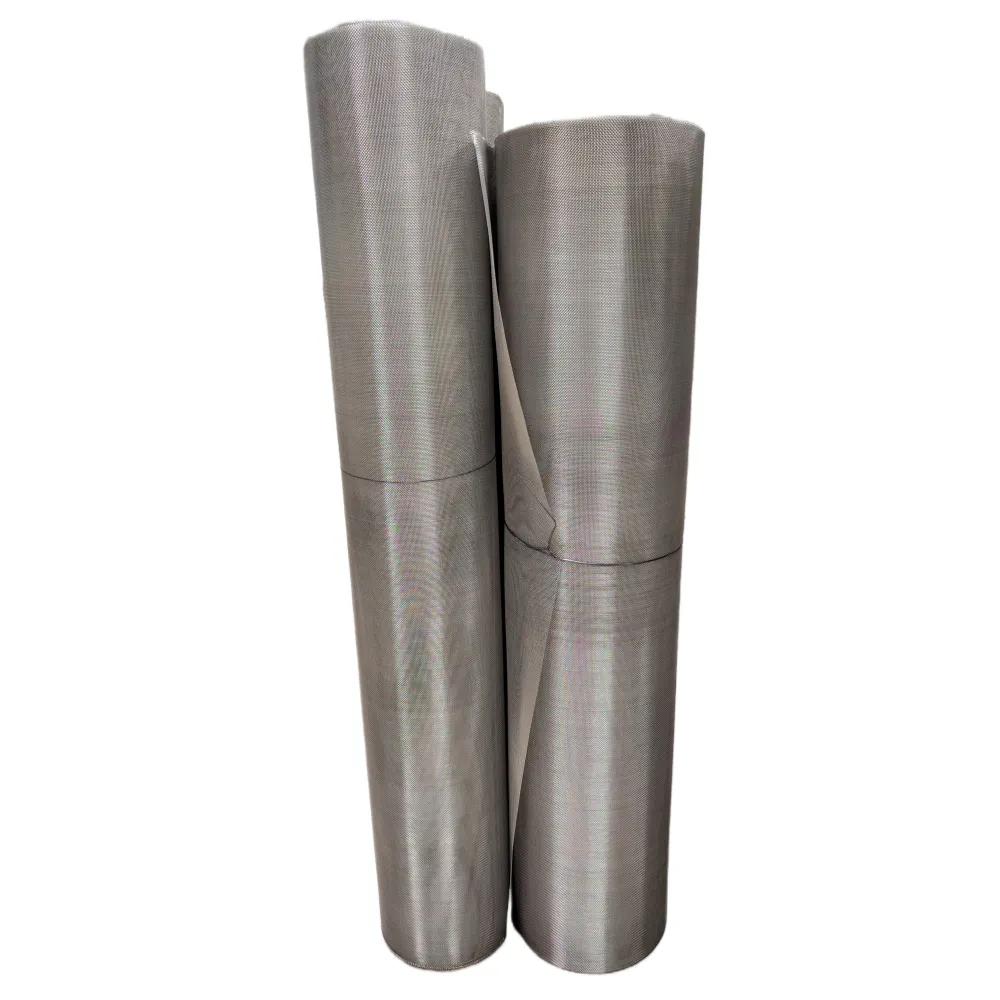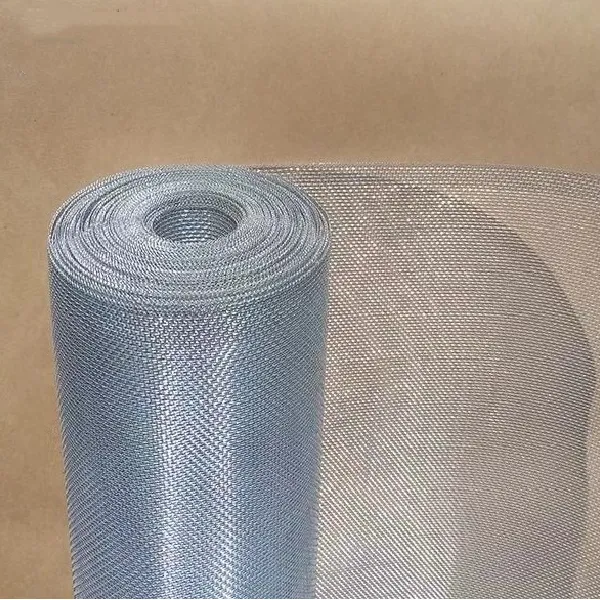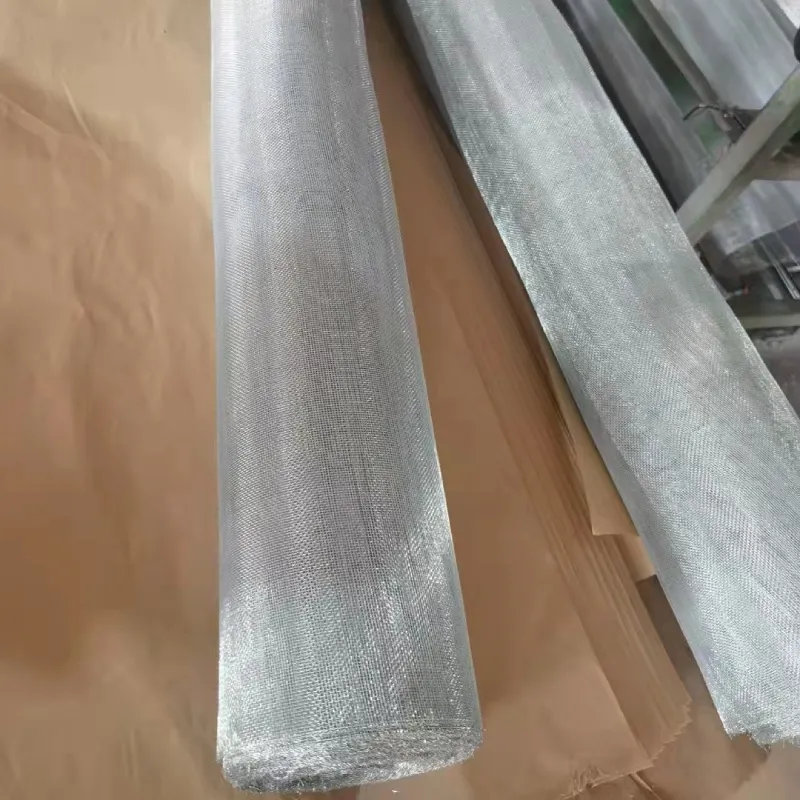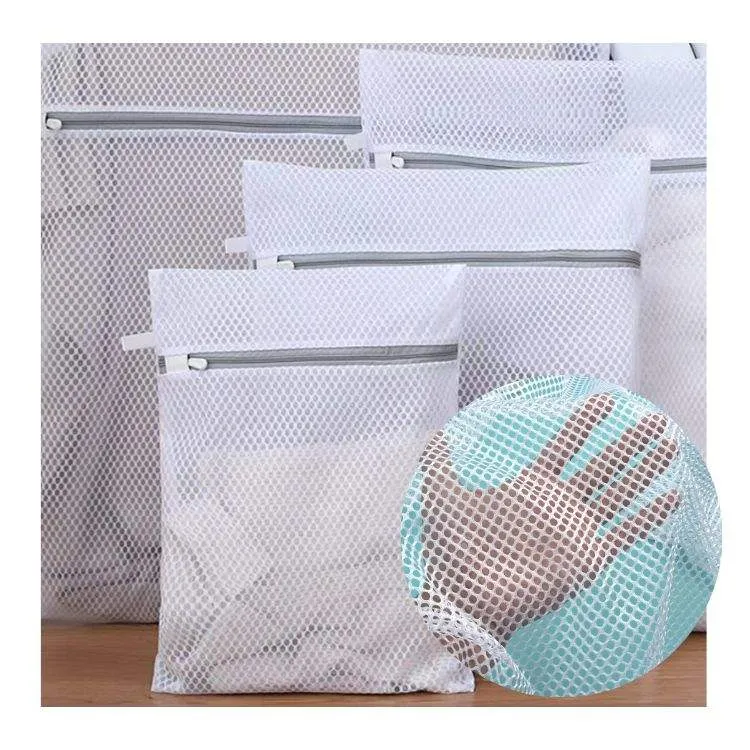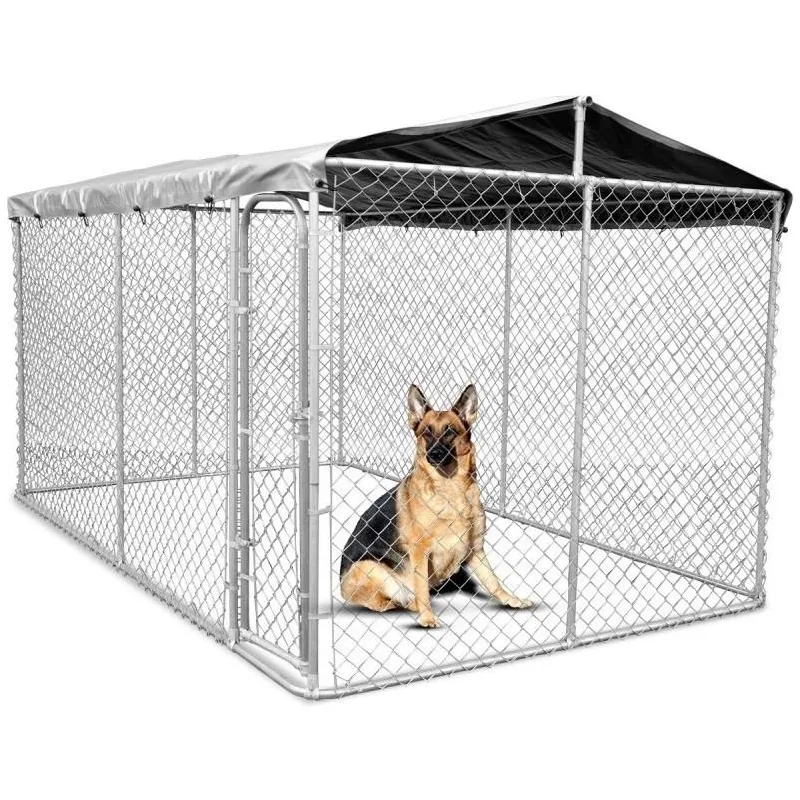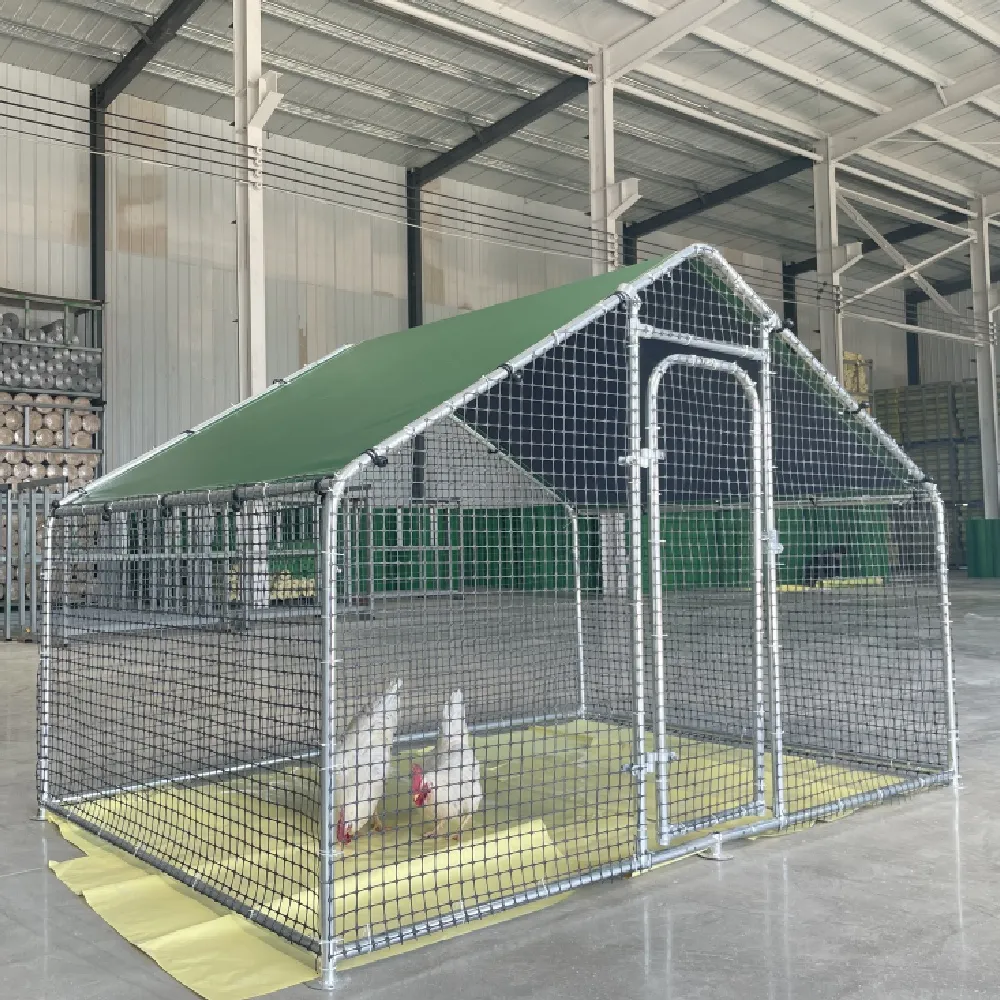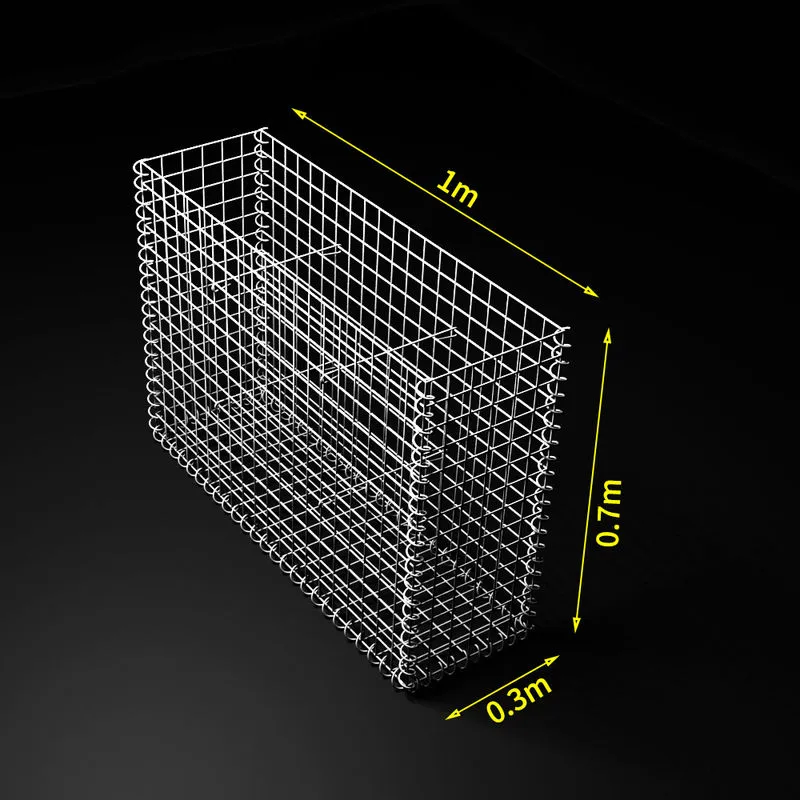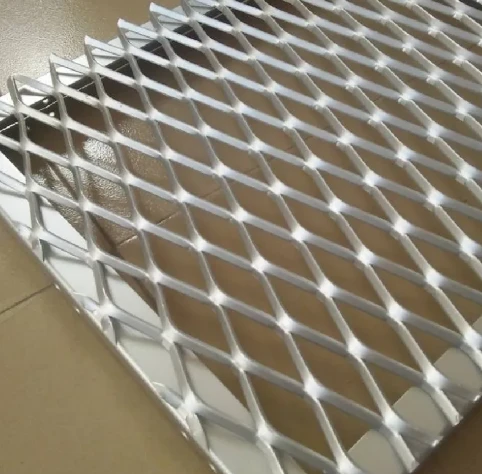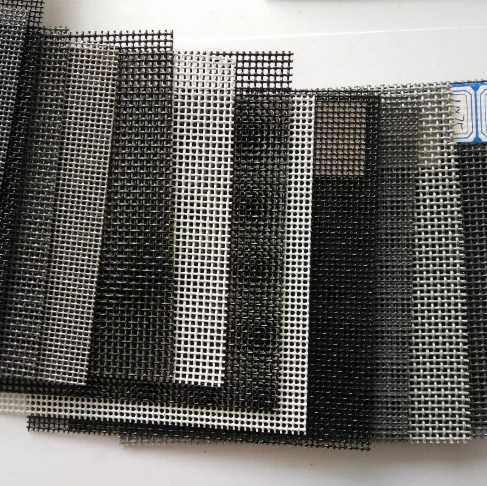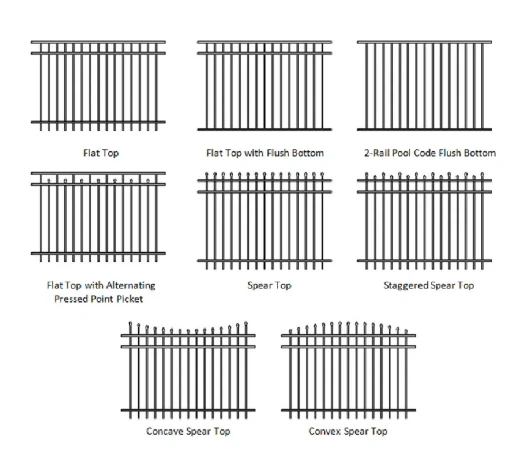Agriculture has always been a cornerstone of human civilization, and as the world faces growing populations and environmental challenges, innovation in farming practices is more critical than ever. One material that has become essential to modern agricultural practices is woven wire mesh. This versatile material offers a range of benefits for farmers, from enhancing crop protection to supporting livestock management. The use of woven wire mesh in agriculture is a prime example of how traditional materials can be adapted to meet the demands of modern, sustainable farming. This essay explores the various ways woven wire mesh supports agricultural innovation and contributes to the efficiency, sustainability, and resilience of farming operations.
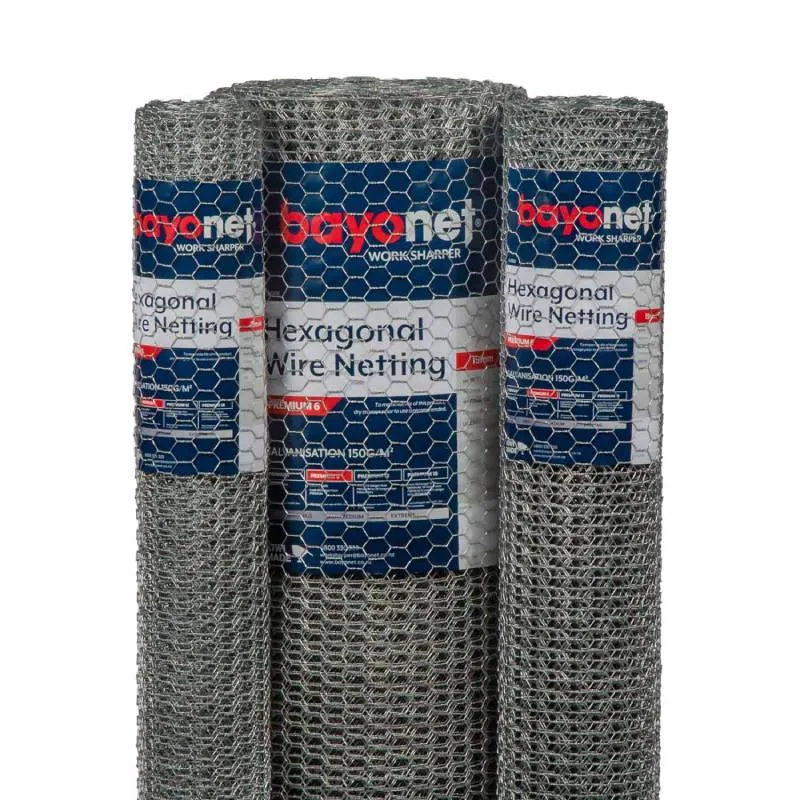
Enhancing Crop Protection with Woven Wire Mesh
One of the key roles of woven wire mesh in agriculture is its ability to protect crops from pests and environmental hazards. Woven wire mesh screens are commonly used to create protective barriers around crops, especially in environments where pests such as rodents, insects, or birds pose a significant threat. For example, woven wire mesh screens are used to build enclosures around fruit orchards or vegetable gardens, preventing animals from nibbling on crops while allowing the plants to grow unimpeded.
Supporting Livestock Management with Woven Wire Mesh
Another important application of woven wire mesh in agriculture is in livestock management. Whether it's for fencing or creating pens and enclosures, woven mesh offers a sturdy and reliable solution for containing animals. The strength of woven wire screen makes it an effective barrier against larger animals, such as cattle or sheep, while also providing safety and security for smaller animals like poultry or rabbits.
Improving Soil Health and Irrigation Efficiency of Woven Wire Mesh
In addition to its protective and containment roles, woven wire mesh is also used in agricultural systems designed to improve soil health and optimize water usage. For example, woven mesh is often used in trenching and irrigation systems to prevent debris or soil particles from clogging water lines. The mesh acts as a filter, allowing water to flow freely while preventing larger particles from causing blockages. This helps to ensure that irrigation systems work efficiently, delivering water to crops in a way that reduces waste and maximizes usage.
Promoting Sustainability of Woven Wire Mesh in Agriculture
The sustainability of agricultural practices is another area where woven wire mesh plays an important role. As the demand for eco-friendly farming solutions grows, the longevity and recyclability of woven wire mesh make it an attractive option. Woven wire mesh products are typically made from durable materials like stainless steel, which are resistant to corrosion and can be reused or recycled at the end of their life cycle. This reduces the environmental impact of agricultural infrastructure and helps farmers maintain sustainable practices.
Woven wire mesh has become an indispensable material in the modern agricultural toolkit, providing solutions that enhance productivity, sustainability, and efficiency. From protecting crops against pests to supporting livestock management and improving irrigation systems, the versatility of woven wire mesh is unmatched. Its durability ensures that farmers can rely on it for long-lasting solutions, while its recyclability makes it an environmentally friendly choice. As agricultural innovation continues to evolve in response to global challenges, the role of woven wire in supporting these advancements will only continue to grow, helping farmers meet the demands of a rapidly changing world. Whether used in crop protection, livestock containment, or resource management, woven wire mesh is a critical component of the future of agriculture.



